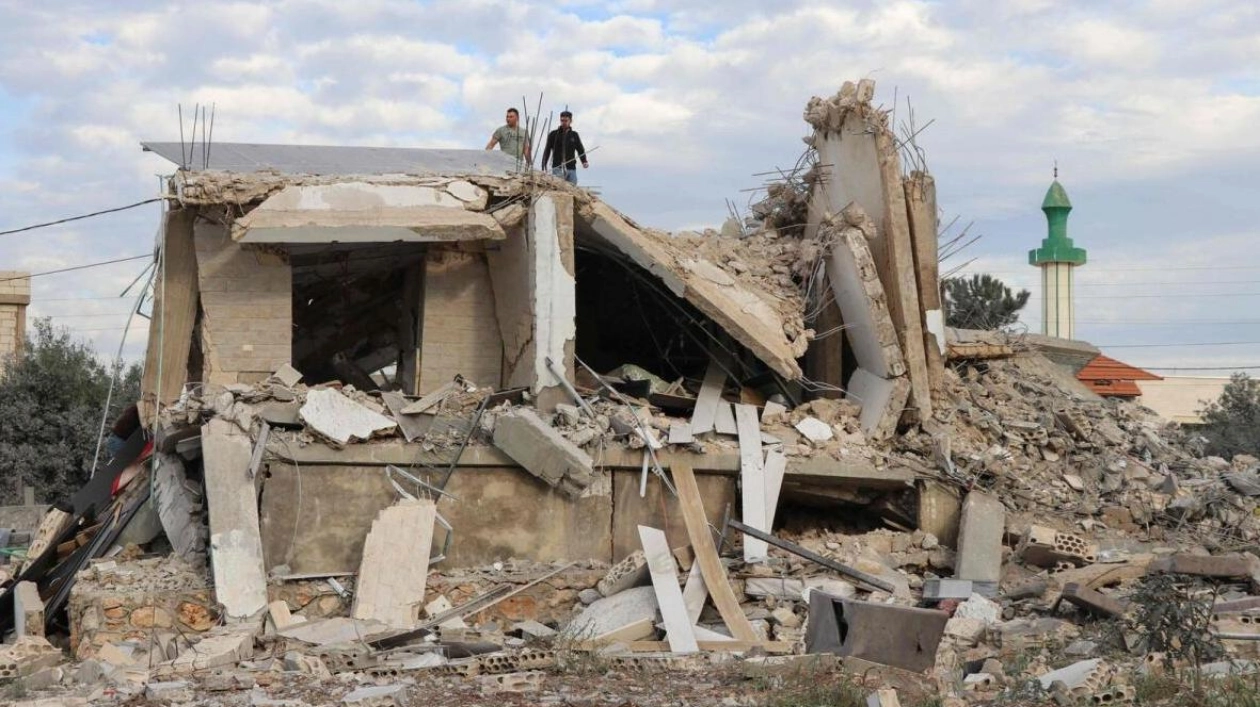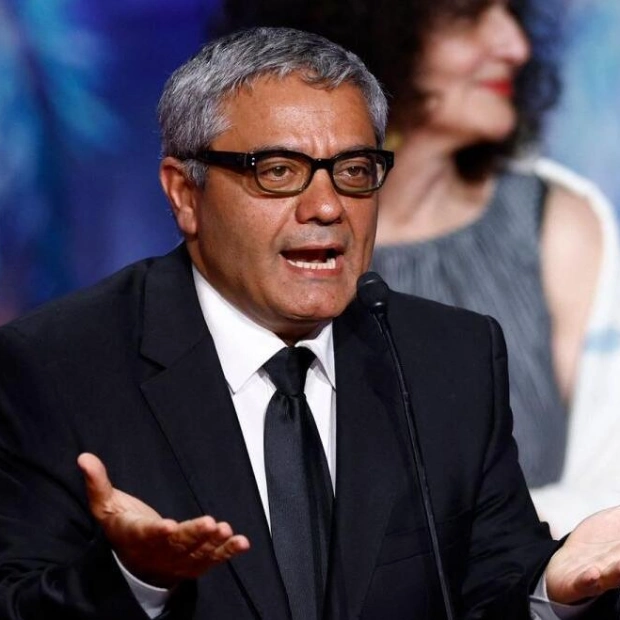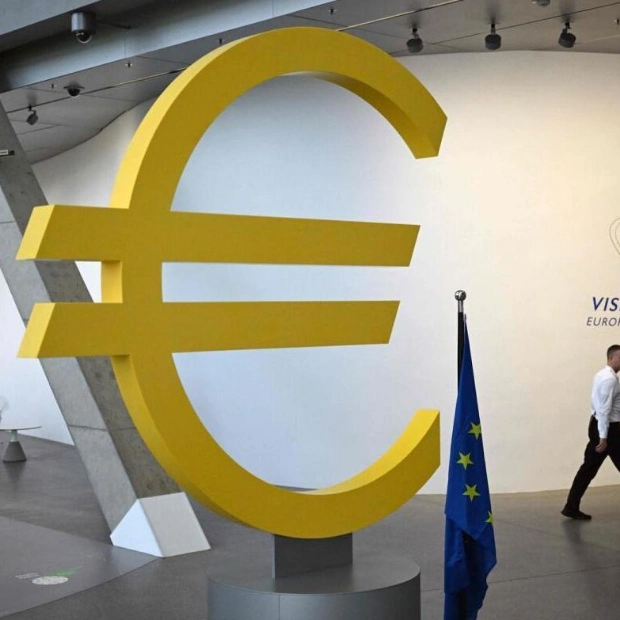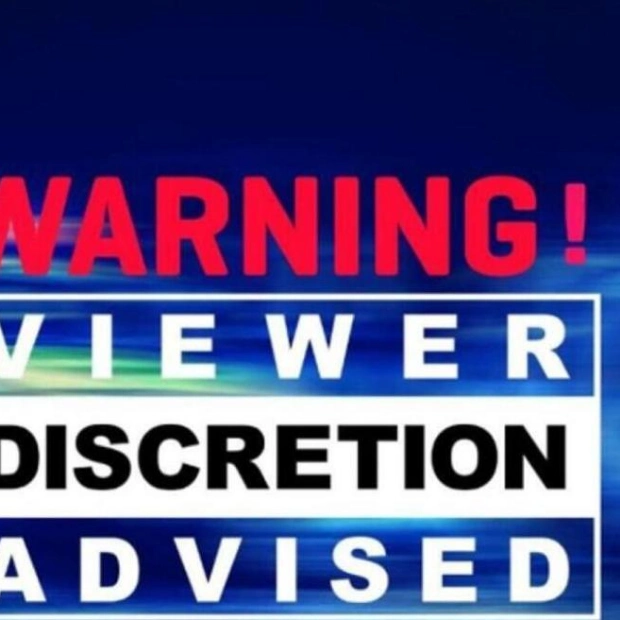A fireball illuminated the sky and smoke rose over Beirut on Sunday as Israel launched intense strikes against Hezbollah, nearly a year after the Hamas attack that ignited war in Gaza. In Gaza, Israel's military reported it had encircled the Jabaliya area in northern Gaza following indications that Hamas was rebuilding, despite nearly a year of devastating air strikes and combat.
As another strike hit Beirut's southern suburbs, Lebanese Prime Minister Najib Mikati called on the international community to pressure Israel for a ceasefire. Israel remains on high alert ahead of Monday's anniversary of Hamas's unprecedented October 7 attack, which triggered the Israel-Hamas war in Gaza. Israel has now shifted its focus to Hezbollah, Hamas's Iran-backed ally in Lebanon, and has vowed to retaliate for an Iranian missile attack.
Lebanon's official National News Agency reported that Hezbollah's stronghold in south Beirut was struck more than 30 times, with a petrol station and a medical supplies warehouse also hit. "The strikes were like an earthquake," said shopkeeper Mehdi Zeiter, 60. Israel's military claimed it targeted weapons storage facilities and infrastructure while taking measures to minimize civilian casualties.
AFPTV footage showed a massive fireball over a residential area, followed by a loud explosion and secondary blasts. Smoke continued to rise from the site after dawn. In the Sabra area, near the southern suburbs, dozens of people, some carrying bags and others on motorbikes, fled one of the most intense bombardments of the Israel-Hezbollah conflict.
Hezbollah stated it fired rockets at Israeli forces during a casualty evacuation, used artillery at another site in the south, and launched assault drones on an Israeli military base. Lebanon's education minister announced the start of the new school year would be postponed until November 4 due to "security risks."
Ahead of Monday's somber anniversary, Israeli military spokesman Rear Admiral Daniel Hagari stated: "We are prepared with increased forces in anticipation for this day," when there could be "attacks on the home front." Last year's October 7 attack by Palestinian militants resulted in the deaths of 1,205 people, mostly civilians, according to an AFP tally based on Israeli official figures.
One year later, Israel's war against Hamas in Gaza continues, despite the focus shifting to Lebanon and Hezbollah. On Sunday, the military said it had "encircled" the Jabaliya area of northern Gaza after intelligence detected "efforts by Hamas to rebuild its operational capabilities." The army reported it had killed about 440 Hezbollah fighters in Lebanon "from the ground and from the air" since Monday, when troops began "targeted" ground operations.
Israel aims to allow tens of thousands of Israelis displaced by almost a year of Hezbollah rocket fire into northern Israel to return home. Israeli President Isaac Herzog called Iran an "ongoing threat" after Tehran, which backs armed groups across the Middle East, launched around 200 missiles at Israel Tuesday in retaliation for Israeli killings of militant leaders, including Hezbollah chief Hassan Nasrallah.
Iran's attack killed a Palestinian in the Israeli-occupied West Bank and damaged an Israeli air base, according to satellite images. It came the same day Israeli ground forces began raids into Lebanon after days of intense strikes on Hezbollah strongholds. An Israeli military official, speaking to AFP on condition of anonymity, said the army "is preparing a response" to Iran's attack.
Prime Minister Benjamin Netanyahu noted Iran had twice launched "hundreds of missiles" at Israel since April. "Israel has the duty and the right to defend itself and to respond to these attacks, and that is what we will do," he said in a statement. Netanyahu's critics accuse him of hindering efforts to reach a Gaza ceasefire and secure the release of hostages still held by Hamas.
A senior Hezbollah source said Saturday the group had lost contact with Hashem Safieddine, widely tipped as its next leader, after air strikes in Beirut. The movement has yet to name a new chief after Israel assassinated Nasrallah late last month in a massive strike in Lebanon's capital. Iran's supreme leader Ayatollah Ali Khamenei said Friday that "the resistance in the region will not back down."
Across Lebanon, strikes against Hezbollah have killed more than 1,110 people since September 23, according to a tally based on official figures. UN's refugee agency head Filippo Grandi said Lebanon "faces a terrible crisis" and warned "hundreds of thousands of people are left destitute or displaced by Israeli air strikes." Israeli bombardment has put at least four hospitals in Lebanon out of service, the facilities said.
The UN peacekeeping force in Lebanon rejected a request by Israel's military to "relocate some of our positions" in south Lebanon. Iran's Foreign Minister Abbas Araghchi, in Damascus Saturday after visiting Beirut, renewed his call for ceasefires in both Gaza and Lebanon, and threatened Israel with an "even stronger" reaction to any attack on Iran.
US, Qatari, and Egyptian mediators tried unsuccessfully for months to reach a Gaza truce and secure the release of 97 hostages still held there. Gaza's civil defence agency said Sunday an Israeli strike on a mosque-turned-shelter in central Deir al-Balah killed 26 people. Israel said it had targeted Hamas militants.
Israel's retaliatory military offensive has killed at least 41,870 people in Gaza, the majority of them civilians, according to figures provided by the Hamas-run territory's health ministry and described as reliable by the UN. Ahead of the October 7 anniversary, thousands joined pro-Palestinian rallies in London, Paris, Cape Town, and other cities. Israel's President Herzog said his country's October 7 "wounds still cannot fully heal."






